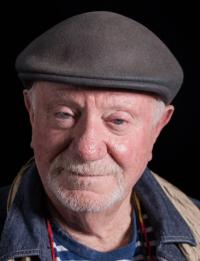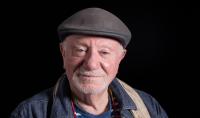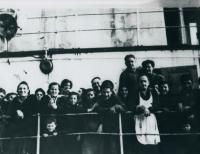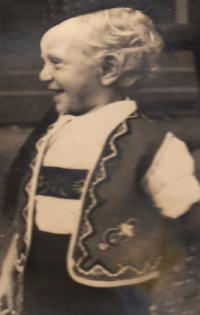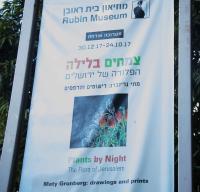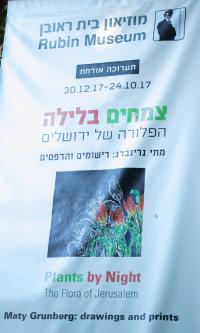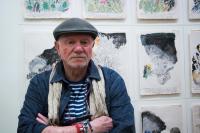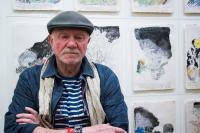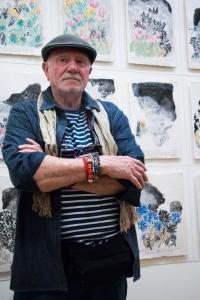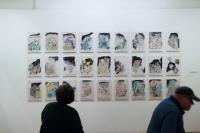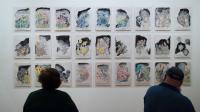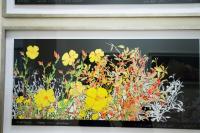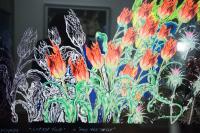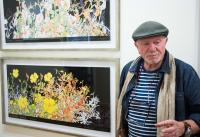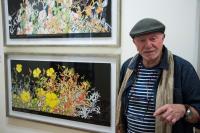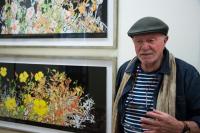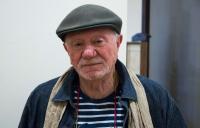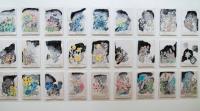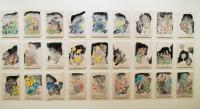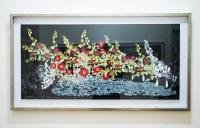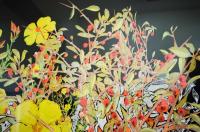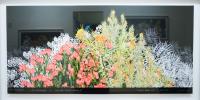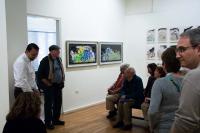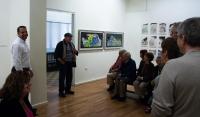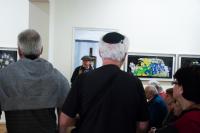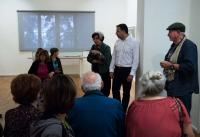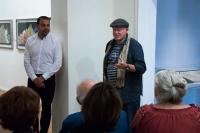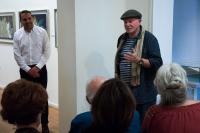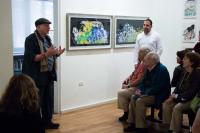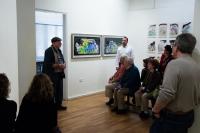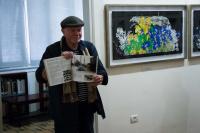Scent of oranges, tears and DDT
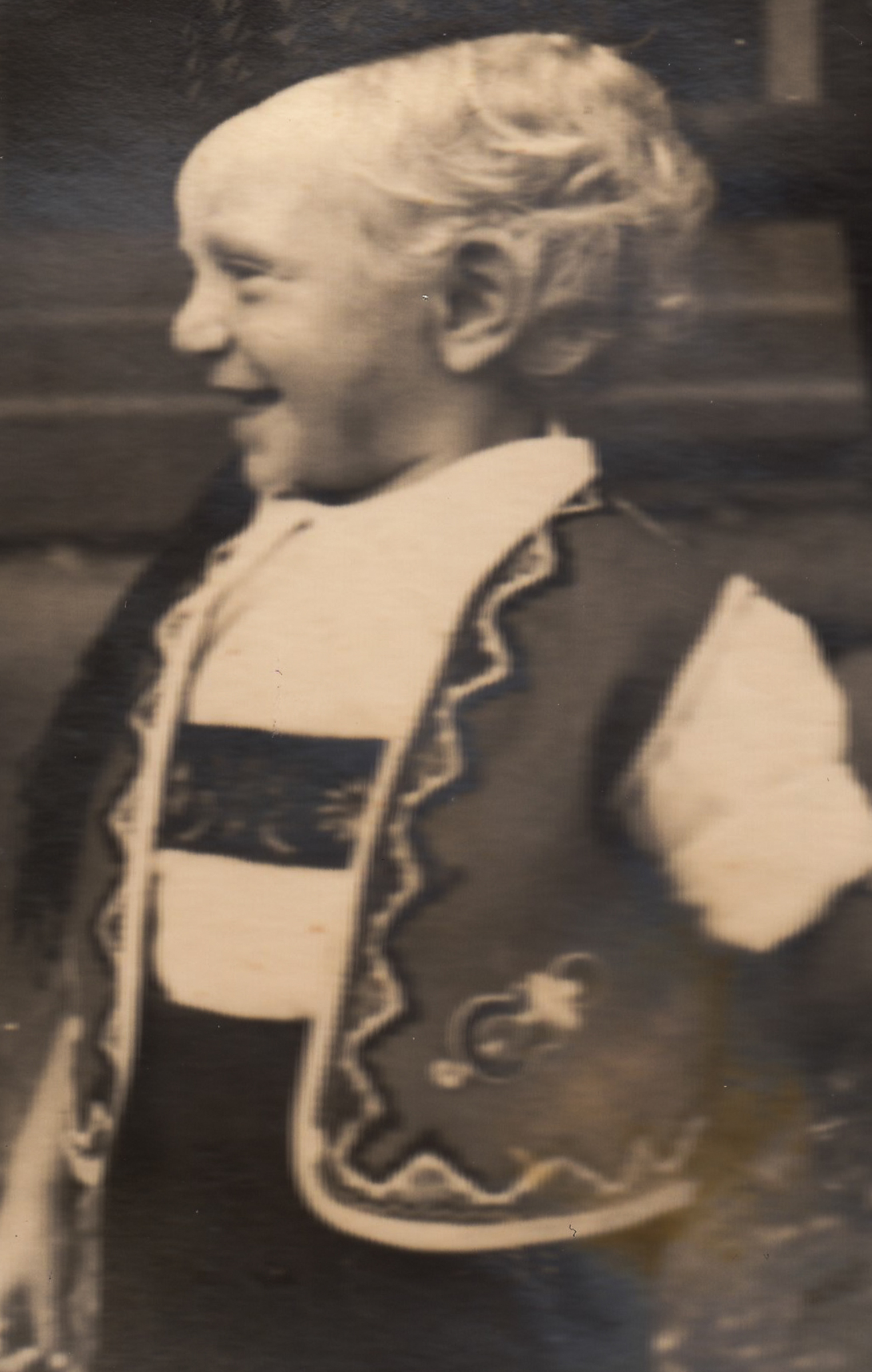
Stáhnout obrázek
Maty Grunberg was born on March 4, 1943, in Skopje, Macedonia. Both of his parents were Jews, his father Leo came from northern Yugoslavia, his mother Bela came from Skopje. At the time he was born, the family relocated to the country — his father, an engineer, got a job near the town of Kumanovo, in a mill belonging to a Christian family. It was with this family that they hid against the directive for all Macedonian Jews to gather in the concentration camp Monopol in Skopje. Thus they escaped the deportation to extermination camps, where most of the Macedonian Jews ended up. After the war the family returned to Skopje. In 1948 they moved to the newly declared State of Israel. They settled in Bat Jam, where Maty went to the secondary school. Then he studied at the Israel Art Academy Becalel (1964-1966) and, thanks to a scholarship, continued in his studies in London (1969-1971). In London he married and raised three children with his wife. They lived in the UK and the U.S. In 2007, after his wife’s death, he returned to Israel. Maty Grunberg, among other things, dedicated himself to book illustrations, sculpture, three-dimensional paper installations and his works include even a sundial. Currently he is working on a memorial in the Jewish cemetery of Bitole, commemorating the murder of nearly all Jewish population in Macedonia.
